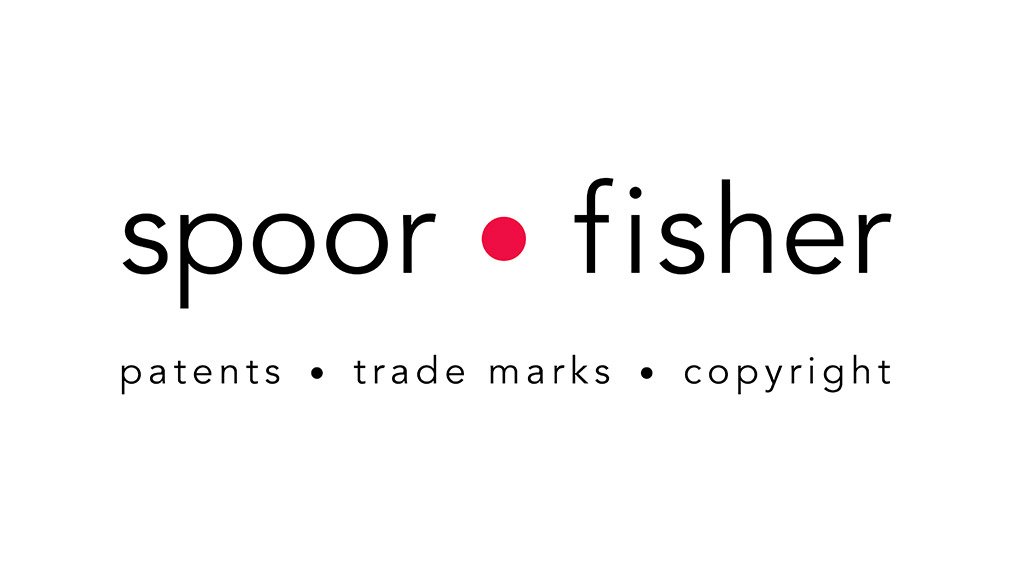It has been widely reported that parliament, via parliamentary sports committee chairman Butana Khompela, has informed Safa to sort out the issues over the Bafana Bafana trade mark, or find another one. But is it worth the effort and the costs? Safa announced on 5 February 2011, presumably as a result of the pressure from parliament, that a committee, consisting of Safa President Kirsten Nematandani, Danny Jordaan and Alpha Mchunu will oversee the process.
Parliament’s unhappiness with the Bafana Bafana is threefold:
1. Bafana Bafana is not an appropriate name for the South African national soccer team;
2. It is unacceptable that a South African businessman is making profit through use of the Bafana Bafana trade mark at the “expense of the national team”;
3. A perception that Safa does not own the Bafana Bafana trade mark
Let us investigate this closer:
Bafana Bafana means “The Boys, The Boys”. The name for the national team is believed to have been coined by three Sowetan sports journalists way back in 1992. Safa was initially reluctant to adopt the name because it was regarded as derogatory to refer to a team of men as “boys”. Whether or not the name is appropriate is a difficult question to answer. However what is certainly true is that the name has entered the popular lexicon and is probably worth millions of rands.
Why it is unacceptable to parliament that a South African businessman shares in the profits generated by the use of the Bafana Bafana trade mark is difficult to understand. There are probably many other South African businessmen sharing the profits generated by some of our other national sports teams.
The notion that Safa is not the owner of the Bafana Bafana trade mark is misinformed. Safa is the registered proprietor of the Bafana Bafana trade mark in almost all the classes in which registration is possible. These registrations, as put by Justice Harmse in the Supreme Court of Appeal, cover virtually all goods and services “presumably, as a result of which the public in due course will be able to purchase even Bafana Bafana artificial limbs, eyes and teeth or use Bafana Bafana beauty care and legal services”. The exception to this is clothing. The Bafana Bafana trade mark for “clothing, including boots, shoes and slippers” is owned by Stanton Woodrush (Pty) Ltd t/a Stan Smidt & Sons.
The question then is why Safa does not own the trade mark for clothing. The answer is simple. The Supreme Court of Appeal, as long ago as 2002, came to the conclusion that for “clothing”, Stanton Woodrush (Pty) Ltd is the owner of the Bafana Bafana trade mark. The court’s decision was essentially that Standon Woodrush had the foresight in 1993 to register Bafana Bafana as a trade mark for clothing – years before Safa realised that Bafana Bafana was in fact a trade mark.
What happened after 2002 can only be speculated. It is presumed that Stanton Woodrush and Safa met and decided they would have to work together where the use of the Bafana Bafana trade mark is concerned. This probably resulted in the company called Slam (Pty) Limited being formed. Slam, according to its website, is Safa’s master licensee. It is assumed that Wayne Smidt, the son of Stan Smidt (the driving force behind Stanton Woodrush), with authority from his father, came to the table with a licence to use the Bafana Bafana trade mark for clothing. In return he received 49,9% of the shares in Slam. This deal that Safa concluded with Wayne Smidt / Stanton Woodrush appears to be a perfectly acceptable commercial solution to Safa’s problem. Many such deals are concluded in South Africa every year to resolve similar issues.
The adoption of a new name might take care of the complaint that Bafana Bafana is not appropriate. However, to decide on, adopt and market a new name for the national soccer team, will again cost millions.
A new name for the national team will also not necessarily result in Smidt not receiving his share of profits of the new name. According to its website, Slam is “a subsidiary of Safa established in 2005 for the commercialisation and management of all Safa’s trade marks including Bafana Bafana”. Slam’s existence is therefore not dependent on whether Safa uses Bafana Bafana. If a new name or mark were to be adopted, Slam will presumably manage this trade mark too. Smidt will thus, and by virtue of his shareholding in Slam, continue to share in the income generated by the new trade mark.
This is not necessarily the result that Parliament intended, especially bearing in mind the sum that will have to be spent on the new name. Even if Safa is inclined to try to liquidate its subsidiary Slam, or cancel its arrangement with the company, Smidt will probably have a monetary claim from a breach of contractual agreements. Parliament may well be forcing Safa to score an own goal.
Written by Carl van Rooyen, Partner, Spoor & Fisher, (012) 676 1288 / (012) 676 1111, C.vanRooyen@spoor.com
EMAIL THIS ARTICLE SAVE THIS ARTICLE
To subscribe email subscriptions@creamermedia.co.za or click here
To advertise email advertising@creamermedia.co.za or click here











